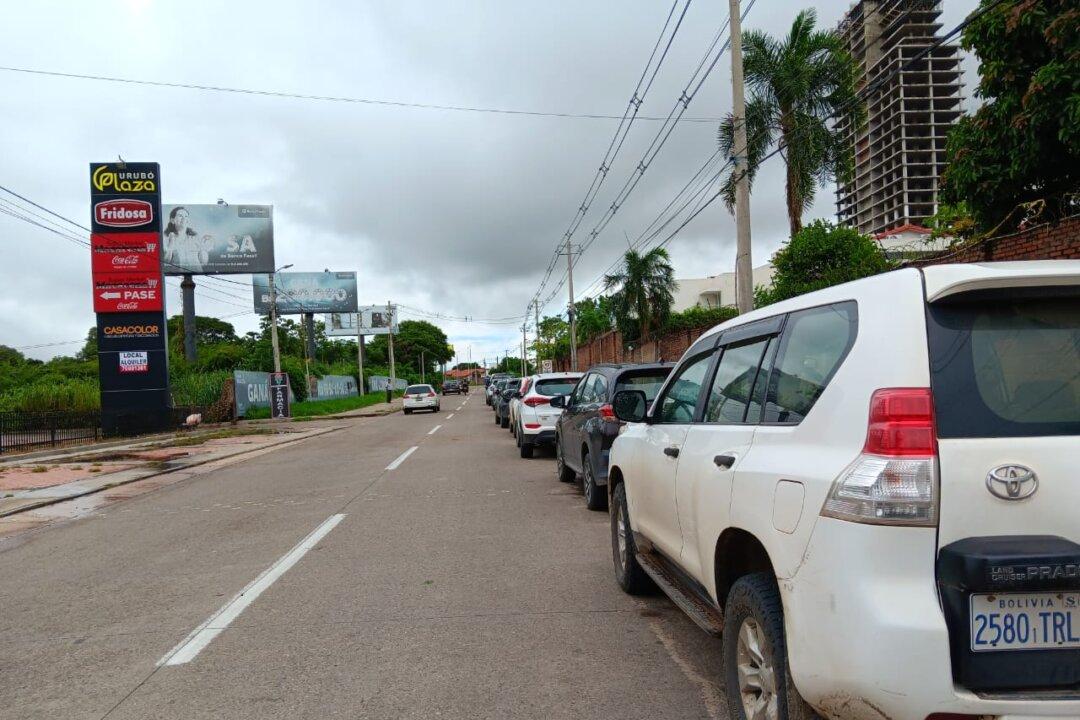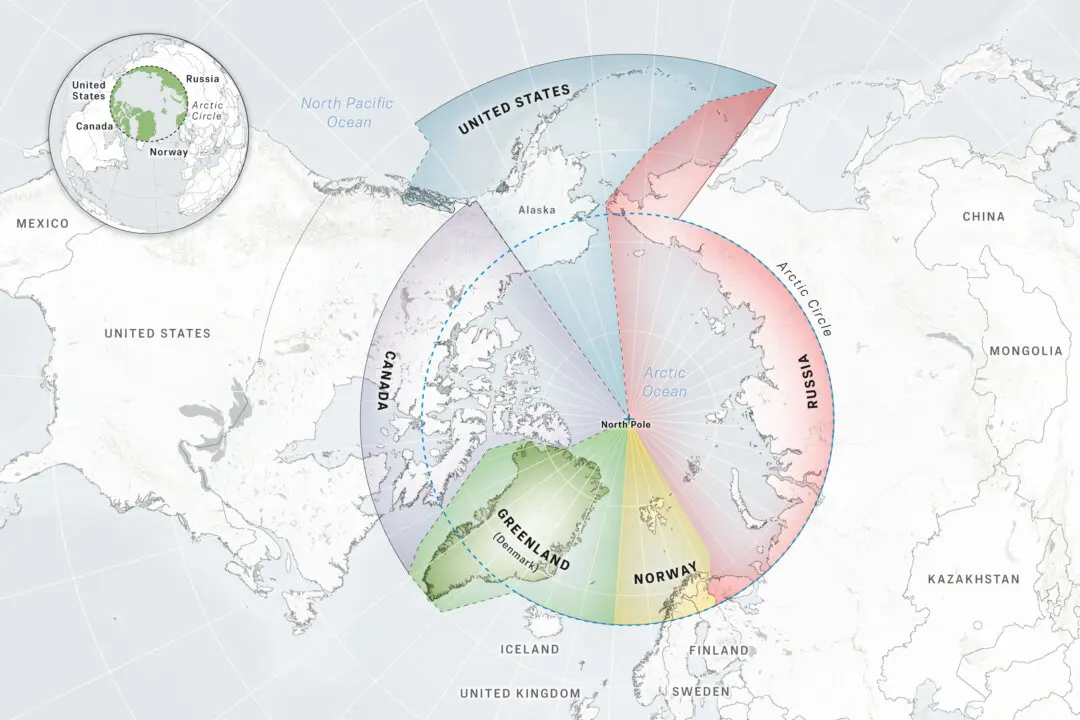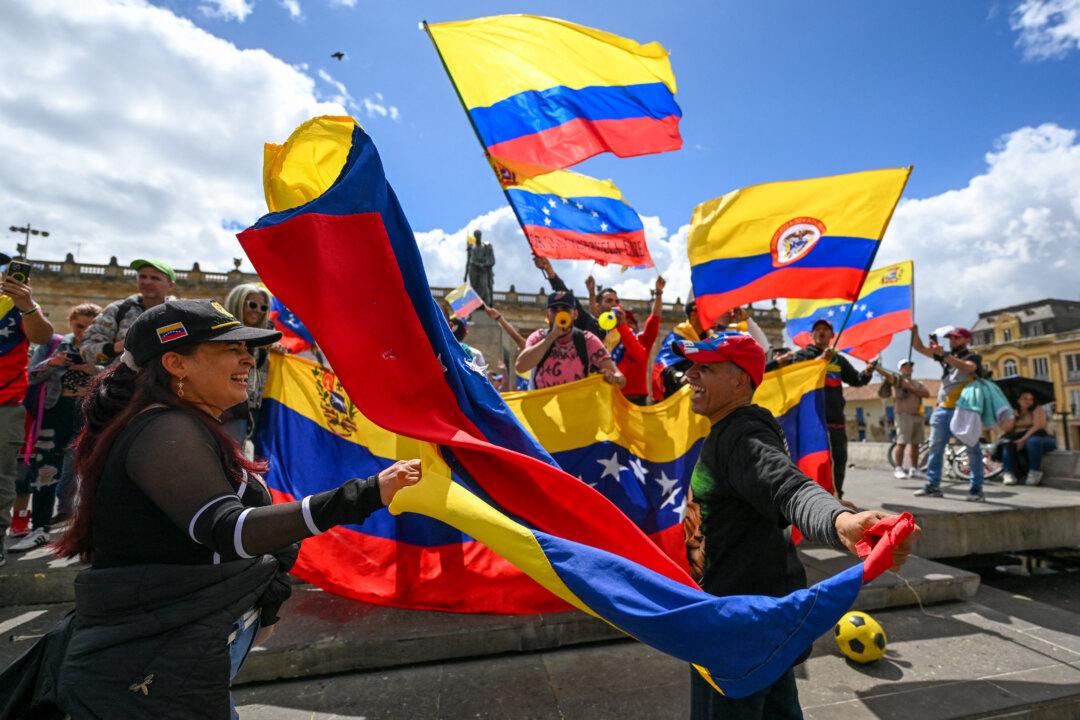Months of long lines due to diesel and gasoline shortages in Bolivia have reached a tipping point, leaving many residents stranded without the ability to fill their tanks or rely on public transportation.
Some are spending nights camped out with their vehicles in anticipation of fuel arriving the next day. The crisis grew worse during Bolivia’s Carnival celebration, which usually spans a 10-day period from the end of February through the first week of March.





